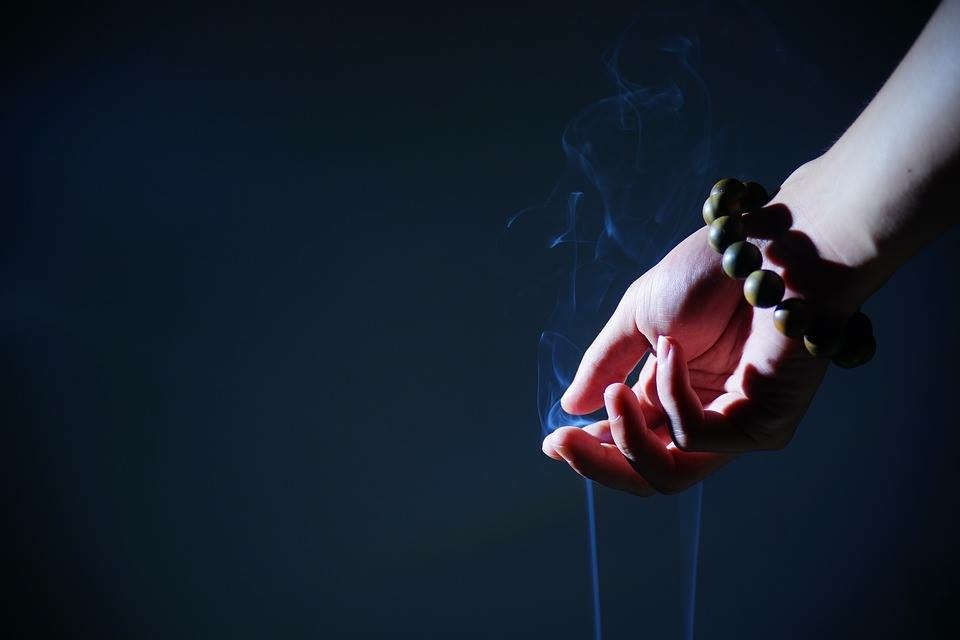What does it mean to be a woman in the Buddhist tradition? To me, even a question as important as bhikkhuni ordination in the Theravada and Vajrayana schools is not as basic as the question of “the woman” in Buddhism. Nor am I convinced that gender is inconsequential to conventional Buddhist life just because gender is illusory at the ultimate level. Our society is gendered and we operate on gender as much as we use conventional illusions like “I” or “you.”
I’m not so much reflecting on the activist side of things, important though that is in winning more equitable circumstances for women. What I wonder more is how do women, as the Other in a mostly androcentric world, manoeuvre as embodied beings in the Buddhist world of monasteries, temples, charitable organizations, and university institutes?
Many years ago in my more scholarly days, I published an article in the academic journal Feminist Theology about Tara and her divine identity as a female Buddha. Our columnist Vanessa Sasson echoed a similar sentiment when she wrote how different her experience might have been had her role models been female, from superheroes to the founders of world religions. Looking back, I realize that this theological exercise was a bit cerebral: of course I can’t really know how women would feel to finally have mainstream female role models, even if they are fictional (men have had plenty of role models, both in religion and in pop culture). There is a long way to go in regard to this. However, I do know that the precedent that Tara set was immensely important. For without her, there would be no female Buddha in the entire Mahayana pantheon.
However, we can’t deny how important role models are to people in real life. This is what we are missing, despite a growing number of female Buddhist role models both lay and monastic.
As we noted in a recent Buddhistdoor View, there is a superficial tension in Buddhism between the notion that the Dharma transcends gender distinctions, versus the fact that we live embodied lives in physical, gendered engines of flesh and fluids. Yet they are tensions that are not irreconciliable. Should we therefore not worry about the gender inequalities of this world, or strive to narrow them precisely because Buddhism is beyond gender boundaries?
I don’t have an objective answer: personally, I would opt for the latter. As an embodied, samsaric creature, I am inevitably conditioned by my own perspectives, neuroses, and biases. I am a male householder in the Chinese Buddhist tradition. That is my context and “horizon” of experience, as hermeneuticist Hans-Georg Gadamer would say. Still, I believe that any ethical or philosophical path of action is a choice of karmic free will and volition (even if influenced by social or cultural factors), so I have faith that the decision to make the most beneficial and ethical move belongs to all genders.


How khandoms are recognised? Does they have any symbols on their body to indicate that they are Khandoms la…Please do comment la.